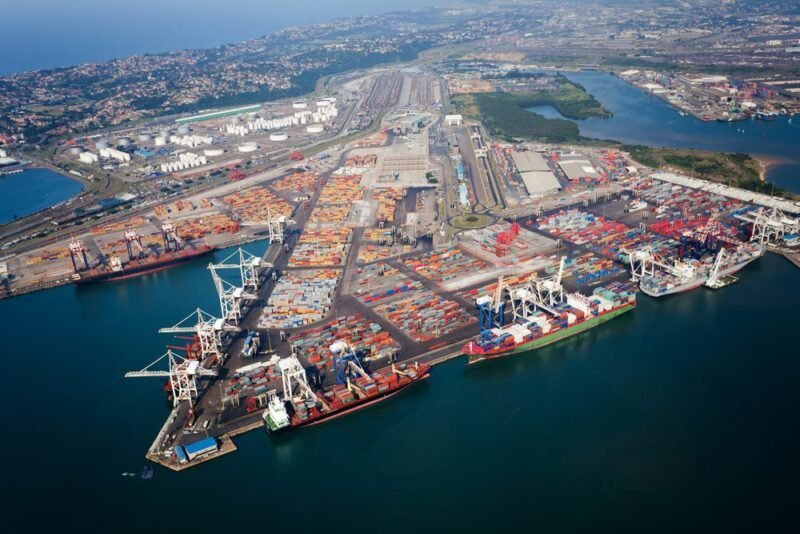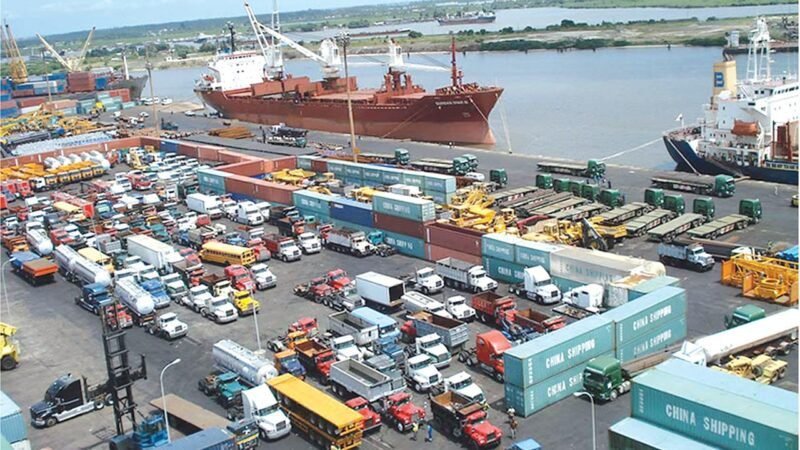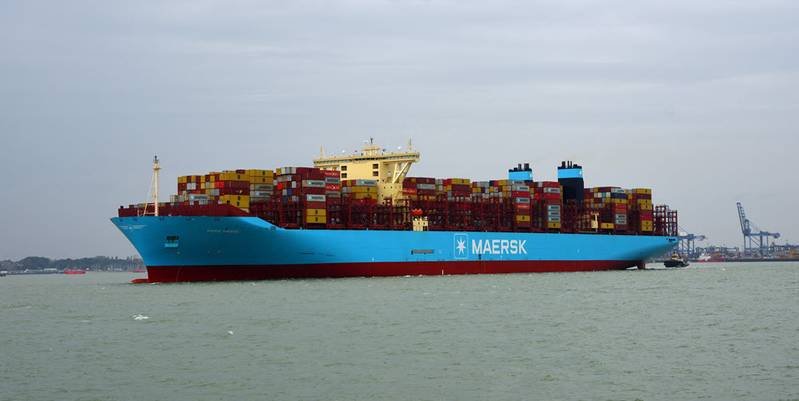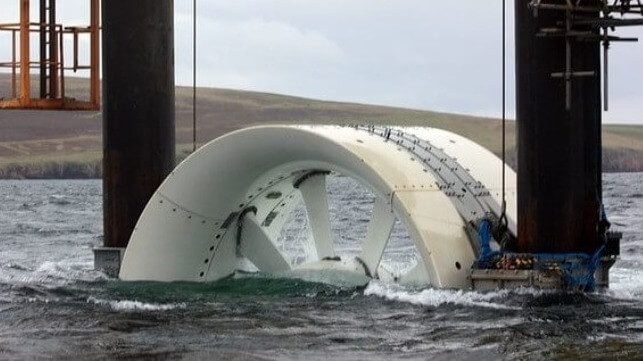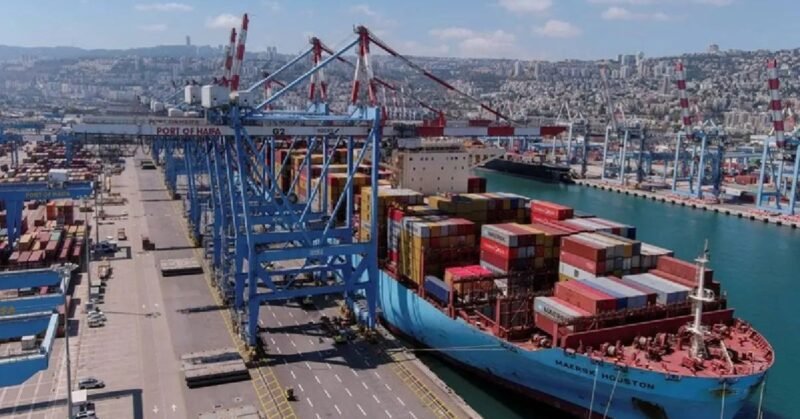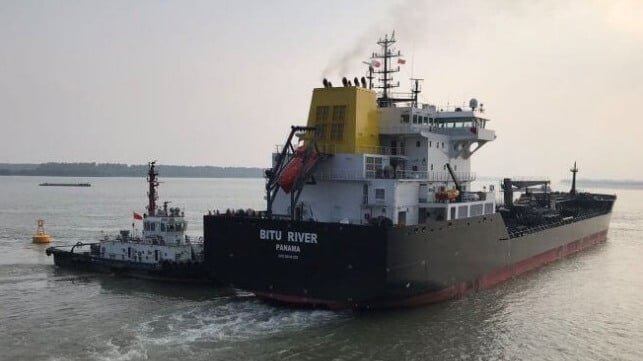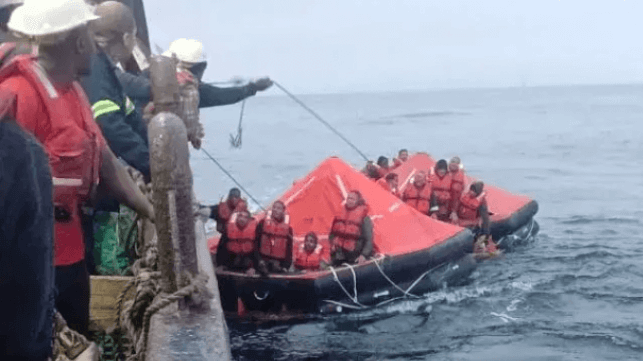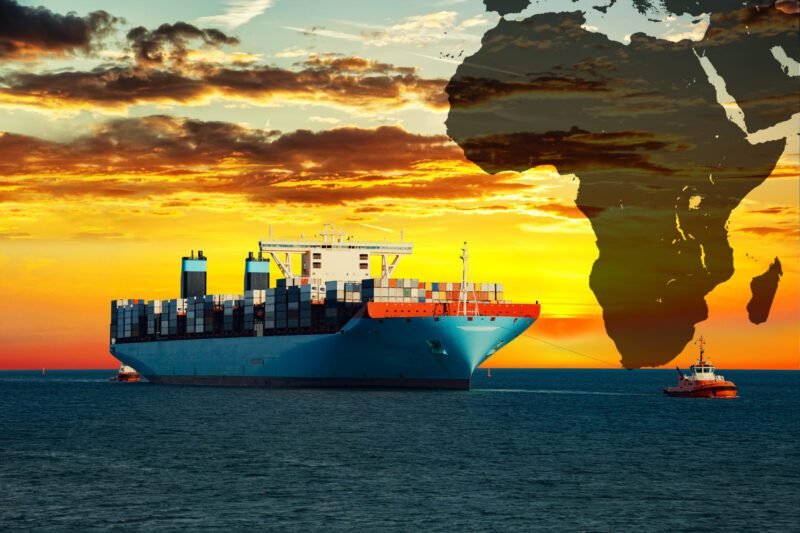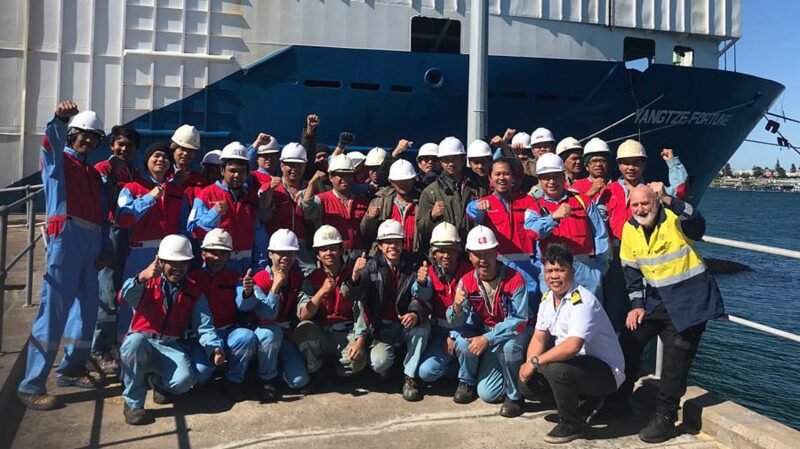Africa’s ports are struggling to keep up with the surge in shipping traffic diverting from the Red Sea due to Houthi rebel attacks. The attacks have prompted an 85% increase in ships sailing around the southern tip of Africa, benefiting ports in South Africa, Madagascar, Mauritius, and Namibia. However, many African ports are inefficient and require investment to fully capitalize on this opportunity. The shift in shipping routes has led to increased freight costs and longer delivery times.
South Africa’s port infrastructure issues, such as equipment failures and staff shortages, have hindered its competitiveness, leading shipping companies to avoid replenishing supplies at its maritime hubs. Countries like Morocco and Ghana, with the ability to quickly expand port operations, could meet the increased demand for maritime services. However, concerns remain over maritime piracy incidents near Somalia and Nigeria as ships transit through Africa.
The increase in traffic around the Cape of Good Hope could bolster South Africa’s position in global trade negotiations and the BRICS club of nations. African policymakers are urged to focus on port development strategies to improve connectivity, even after the conflict in the Red Sea ends. Investments in efficient port infrastructure could help African countries leverage the current surge in shipping traffic for long-term benefits.


